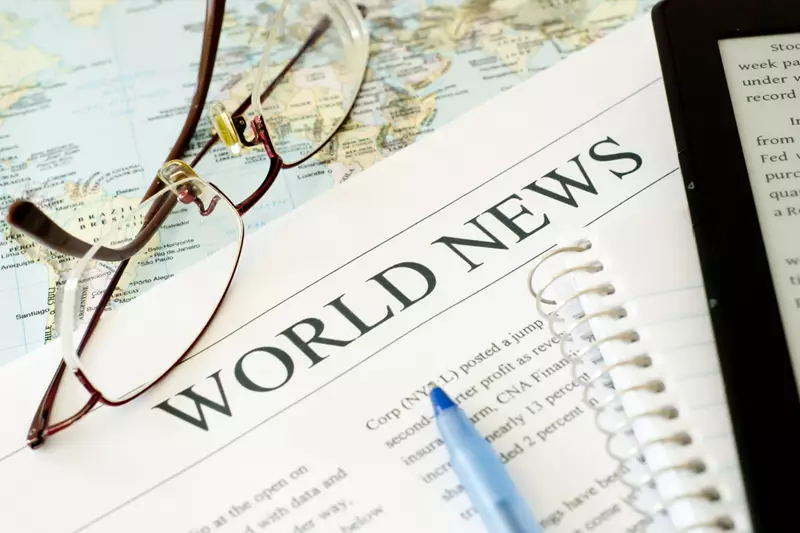When Chinese President Xi Jinping arrives in Paris for a rare visit, French President Emmanuel Macron will undoubtedly push him to address trade imbalances between the two countries. However, given the current state of growing tensions between Europe and China, this task will prove to be quite challenging. France’s support for an EU probe into Chinese electric vehicle exports and Beijing’s retaliatory investigation into French brandy imports indicate a rocky road ahead. The need for more guarantees on trade issues is evident, but achieving this goal during Xi’s visit may be easier said than done.
One of the major obstacles in addressing trade imbalances with China is the lack of unity within the European Union. With divisions among its 27 members, particularly between France and Germany, the EU’s ability to influence China is significantly weakened. The absence of German Chancellor Olaf Scholz in Paris for Xi’s visit underscores the challenges of sending a coherent message to China. Without a united front, the leverage that European leaders have over China dissipates, making it difficult to achieve meaningful progress in trade negotiations.
In addition to trade issues, France is also keen on enlisting China’s support in pressuring Russia to halt operations in Ukraine. Despite previous efforts, little progress has been made in convincing China to exert its influence on Moscow. Macron’s gesture of taking Xi to the Pyrenees, a place of personal significance for the Chinese President, may be seen as a diplomatic move to foster closer ties. However, the effectiveness of such gestures in bringing about concrete compromises from Beijing remains uncertain.
Macron’s approach of building personal rapport with foreign leaders, such as Xi Jinping, through gestures like the Pyrenees visit, reflects a charm offensive aimed at strengthening diplomatic ties. While establishing a personal connection with Xi is important, it is essential to temper expectations regarding the potential outcomes of such gestures. Simply appealing to sentimental ties may not be enough to sway China’s stance on critical issues such as trade imbalances and international conflicts.
The relationship between China and France is multifaceted, encompassing trade tensions, political diplomacy, and personal interactions between leaders. While Macron’s efforts to engage with Xi on various fronts are commendable, the challenges of achieving concrete results in addressing trade imbalances and geopolitical conflicts loom large. A cohesive approach within the European Union, backed by clear strategies and unified messaging, is crucial in navigating the complexities of the China-France relationship and advancing mutual interests.

